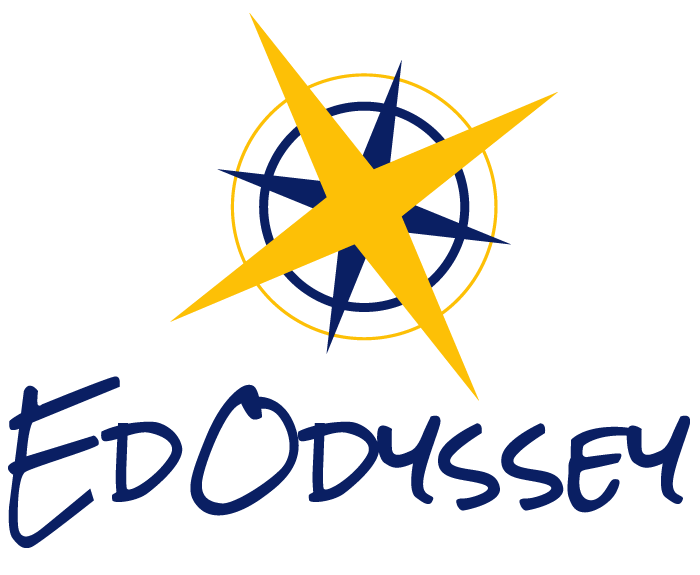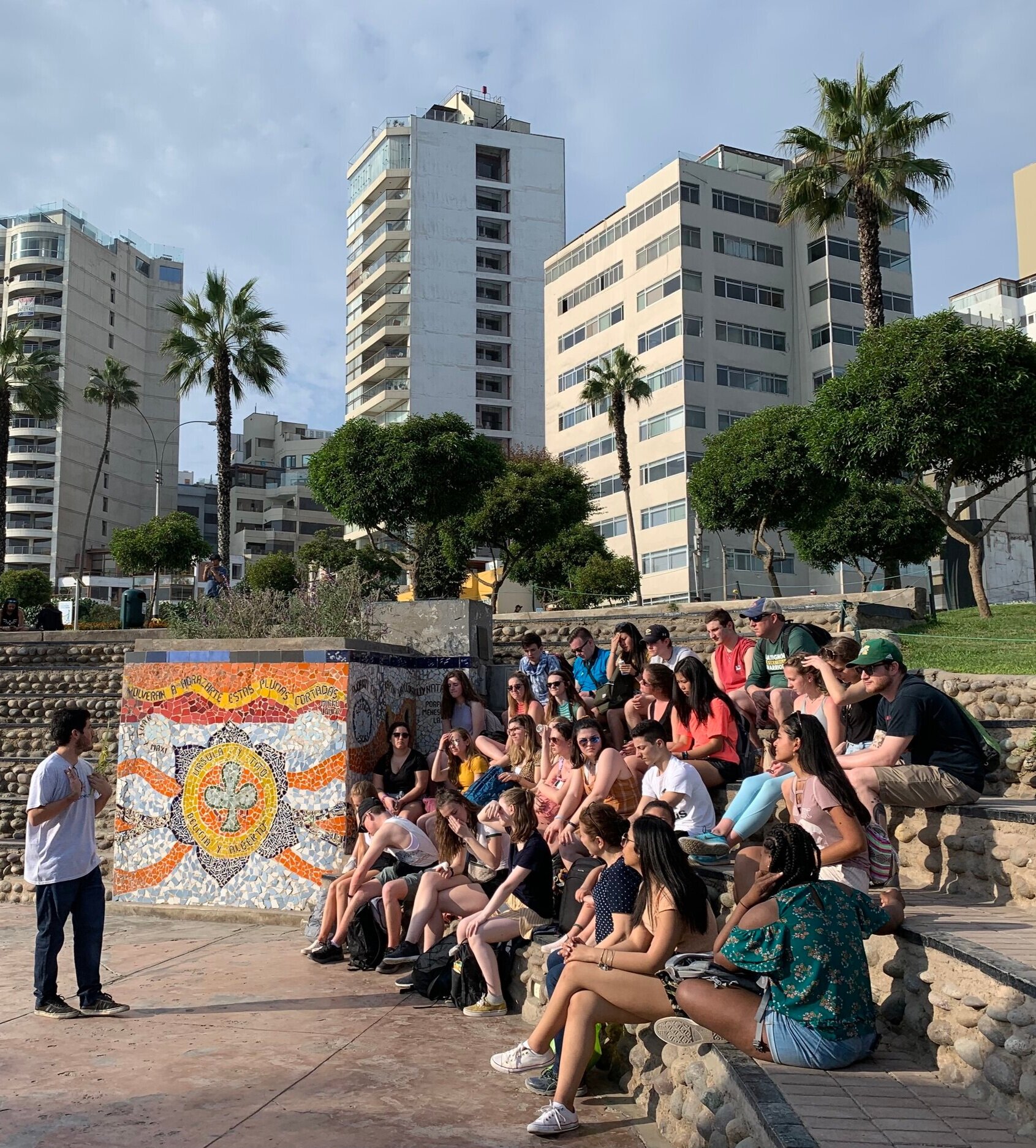Blog
The EdOdyssey Educator: May 2021 Newsletter
For travelers and study abroad enthusiasts, gain unique insights into World News and EdOdyssey News in the blog version of our monthly newsletter, in case you missed it!
Blending Academics and Culture: The Uniqueness Behind EdOdyssey's Virtual Study Abroad Program
Expand your academic experience this semester with courses that go beyond traditional online classes. Take part in EdOdyssey’s virtual study abroad program that uniquely combines a cultural learning module with academic course(s) at the top university in Peru.
Eight Reasons Why You Should Consider a Virtual Study Abroad Experience
You did the research; maybe you had even chosen your destination, applied, got accepted, booked your flights and were all set to begin your adventure.
And then Covid-19 hit, and everywhere you looked, borders were closing, flights were being cancelled, cases were spiking, and there was just a large amount of uncertainty on every corner.
Exploring the Past, Present and Future of Peru Through Virtual Study Abroad: Cultural Modules Part 1
As part of our Virtual Study Abroad program next semester, you will gain an inside, cultural perspective on Peru with our partners at Pontificia Universidad Católica del Perú (PUCP). To complement these courses, you will enjoy cultural modules that will provide you with an in-depth view of the past, present, and future of the country.
Cultural Modules for Medical Spanish: The Importance of Cultural Context in Treating a Latinx Patient
Anyone who speaks more than one language can tell you that vocabulary and terminology are not the only things that change when communicating with someone in a different tongue: cultural knowledge and context are crucial to effective and accurate communication. This is certainly true for many Latinx communities in the United States. Along with the English-Spanish language barrier, cultural differences and fear of cultural misunderstandings also hinder communication for Latinx people and can make reaching out for help especially difficult.
Understanding the Importance of Indigenous Rights and Legal Pluralism: A Virtual Study Abroad Experience
People of drastically different cultures are connected globally in numerous ways. In a world so globalized, it is important to possess knowledge about human rights, interculturality, and history in order to understand their impacts on the present. This exciting virtual course is offered by the Pontificia Universidad Católica del Perú (PUCP) in Lima, Peru. It will provide a global perspective, with a specific focus on Peru, about indigenous rights and how cultural diversity and ethnic identity play a crucial role in construction of government policies.
Search previous blogs here.





